Water Sark (1965)
Genre : Documentary
Runtime : 14M
Director : Joyce Wieland
Synopsis
"I decided to make a film at my kitchen table, there is nothing like knowing my table. The high art of the housewife. You take prisms, glass, lights and myself to it. 'The Housewife is High.' Water Sark is a film sculpture, being made while you wait."

A young woman's plans to propose to her girlfriend while at her family's annual holiday party are upended when she discovers her partner hasn't yet come out to her conservative parents.

When three parents discover that each of their daughters have a pact to lose their virginity at prom, they launch a covert one-night operation to stop the teens from sealing the deal.

A 17-year old Missouri teen discovers she has gotten pregnant, a development that threatens to end her dreams of matriculating at an Ivy League college, and the career that could follow.

An unexpected affair quickly escalates into a heart-stopping reality for two women whose passionate connection changes their lives forever.

Overeducated and underemployed, 28 year old Megan is in the throes of a quarterlife crisis. Squarely into adulthood with no career prospects, no particular motivation to think about her future and no one to relate to, Megan is comfortable lagging a few steps behind - while her friends check off milestones and celebrate their new grown-up status. When her high-school sweetheart proposes, Megan panics and- given an unexpected opportunity to escape for a week - hides out in the home of her new friend, 16-year old Annika and Annika's world-weary single dad Craig.
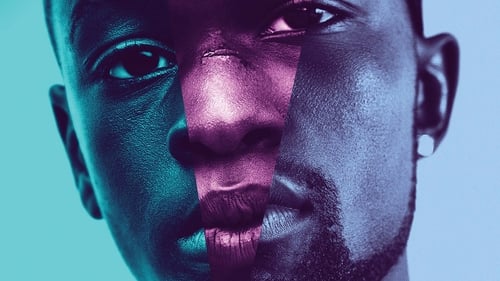
The tender, heartbreaking story of a young man’s struggle to find himself, told across three defining chapters in his life as he experiences the ecstasy, pain, and beauty of falling in love, while grappling with his own sexuality.
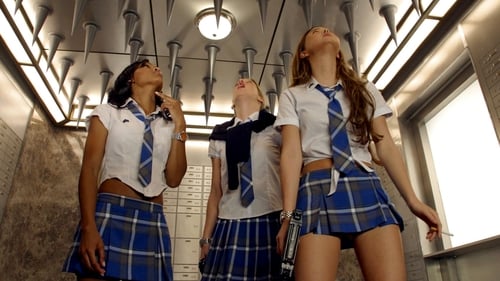
The star of a team of teenage crime fighters falls for the alluring villainess she must bring to justice.
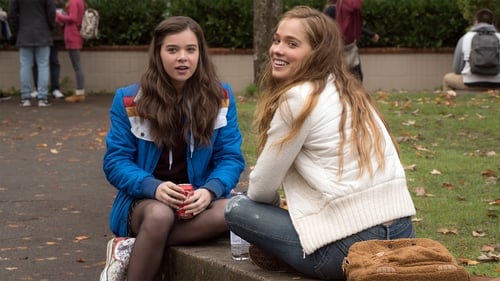
Two high school girls are best friends until one dates the other's older brother, who is totally his sister's nemesis.
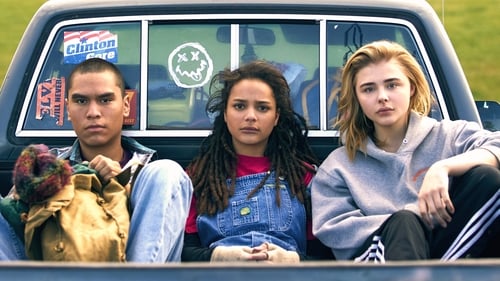
Pennsylvania, 1993. After getting caught with another girl, teenager Cameron Post is sent to a conversion therapy center run by the strict Dr. Lydia Marsh and her brother, Reverend Rick, whose treatment consists in repenting for feeling “same sex attraction.” Cameron befriends fellow sinners Jane and Adam, thus creating a new family to deal with the surrounding intolerance.

On an isolated island in Brittany at the end of the eighteenth century, a female painter is obliged to paint a wedding portrait of a young woman.

In 1950s New York, a department-store clerk who dreams of a better life falls for an older, married woman.
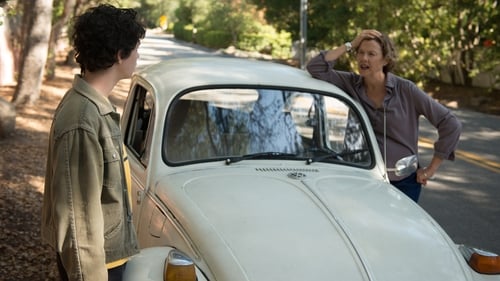
In 1979 Santa Barbara, California, Dorothea Fields is a determined single mother in her mid-50s who is raising her adolescent son, Jamie, at a moment brimming with cultural change and rebellion. Dorothea enlists the help of two younger women – Abbie, a free-spirited punk artist living as a boarder in the Fields' home and Julie, a savvy and provocative teenage neighbour – to help with Jamie's upbringing.
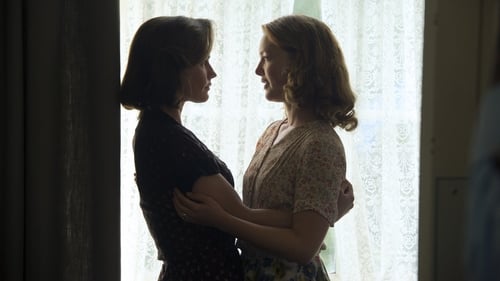
Dr. Jean Markham returns to the town she left as a teenager to take over her late father's medical practice. When a school-yard scuffle lands Charlie in her surgery, she invites him to visit the hives in her garden and tell his secrets to the bees, as she once did. The new friendship between the boy and the bee keeper brings his mother Lydia into Jean's world.
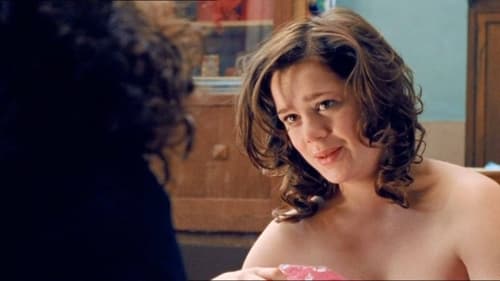
19-year old Belle practices playing the violin diligently, but is unable to impart her music with a sensitive undertone. Her life changes when she discovers that sexual desire stimulates passion in her music.
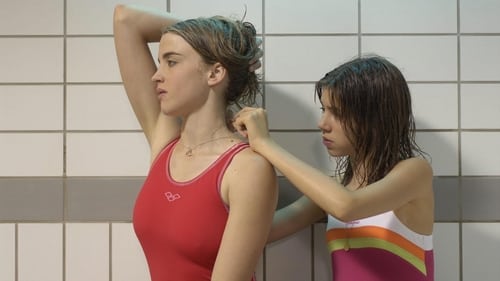
Set during a sultry summer in a French suburb, Marie is desperate to join the local pool's synchronized swimming team, but is her interest solely for the sake of sport or for a chance to get close to Floriane, the bad girl of the team? Sciamma, and the two leads, capture the uncertainty of teenage sexuality with a sympathetic eye in this delicate drama of the angst of coming-of-age.

In June 2013, Laura Poitras and reporter Glenn Greenwald flew to Hong Kong for the first of many meetings with Edward Snowden. She brought her camera with her.

Filmed over five years in Kansas City, this documentary follows four transgender kids – beginning at ages 4, 7, 12, and 15 – as they redefine “coming of age.” These kids and their families show us the intimate realities of how gender is re-shaping the family next door in a unique and unprecedented chronicle of growing up transgender in the heartland.
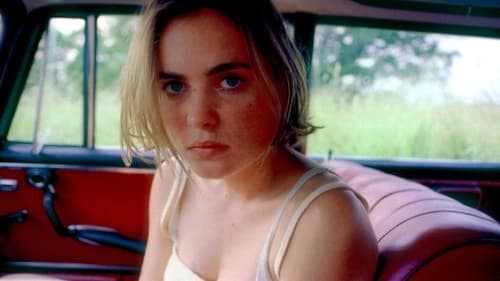
A young female intern at a small magazine company becomes involved with a drug-addicted lesbian photographer, both of whom seek to exploit each other for their respective careers, while slowly falling in love with each other.
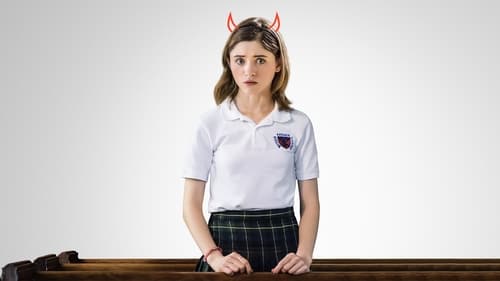
Alice, a young innocent Catholic girl, is tempted into masturbating after an AOL chat suddenly turns sexual, however is conflicted as the act would be considered a sin.

Georgia Nicolson is fourteen, lives with nosey parents who don't understand her, an annoying three year old sister and has to wear a beret to school. She would, however, rather be blonde, have a smaller nose and a boyfriend. Revolving around her hilarious journal entries, prepare to be engulfed in the world of the soaring joys and bottomless angst of being a teenager.

Although best known for his photography, Steven Arnold also wrote, designed, and directed several groundbreaking visionary films, The Liberation of Mannique Mechanique being the first. Stuart Comer of the Tate Modern (London) said of Mannique: “a macabre, decadent work presenting mannequins and models that travel through strange universes toward possible self-discovery.” Brooklyn-based artist and writer Kate Wadkins in a recent online article observed: “Arnold’s films are dream-like visions of androgynous beings. Their narratives are modern-day fairy tales and reveries about gender — all through the lens of an acid trip.”

A craftsman builds a glass harmonica that enlightens him. He travels to a town where the people are obsessed with money. A bureaucrat smashes the glass harmonica which leads to chaos and eventually to social reform.

In his first film work, Kubelka evokes episodes of flirtation, courtship, and break-ups, played out against a series of non-corresponding audio excerpts.

This classic short film depicts the Klondike gold rush at its peak, when would-be prospectors struggled through harsh conditions to reach the fabled gold fields over 3000 km north of civilization. Using a collection of still photographs, the film juxtaposes the Dawson City at the height of the gold rush with its bustling taverns and dance halls with the more tranquil Dawson City of the present.

This film, photographed in London, is an exploration into the depths of unconscious reactions.

Samadhi is both mystical and mysterious, an incredible fusion of movement, sound and colour. Belson notes the influence of his study and practice of Yoga and Tibetan Buddhism on the creation of Samadhi. The film is inspired by the principles of yogic meditation: the movement of consciousness towards samadhi (union of subject and object), the fusion of atma (breath and mind), a state which reveals the divine force of kundalini, a bright white light we discover at the end of Samadhi. The Tibetan Book of The Dead is the inspiration behind Belson’s use of colour in Samadhi, corresponding to descriptions of the elements of Earth, Fire, Air and Water in the book. —Sophie Pinchetti, The Third Eye

Part of the "Through Navajo Eyes" series of seven short documentaries, along with Intrepid Shadows (1966), The Navajo Silversmith (1966), Old Antelope Lake (1966), Second Weaver (1966), The Shallow Well Project (1966), and The Spirit of the Navajos (1966).

Part of the "Through Navajo Eyes" series of seven short documentaries, along with Intrepid Shadows (1966), A Navajo Weaver (1966), Old Antelope Lake (1966), Second Weaver (1966), The Shallow Well Project (1966), and The Spirit of the Navajos (1966)

Documentary on a religious practice in the Puglia region of Italy whereby women assert that they have been bitten by a tarantula and dance until they are exorcised of the poison.

Alfred Clah was a Navajo artist from a community outside Pine Springs, AZ. He said: "they making films about things out there, the trading post, things you can see; I'm making films about inside: I like to see scenes that people never expected, the legends, the gods."

A short horror film based on Edgar Allan Poe's poem The Raven.

For the production of this film, Oskar Fischinger tinted various layers of hot wax. After cooling, the resulting lump of wax resembled a marble cake. Fischinger then began to cut off slices from the lump, photographing each step.

“The Riddle of Lumen” presents an evenly paced sequence of images, which seem to follow an elusive logic. As in “Zorns Lemma” the viewer is called upon to recognize or invent a principle of association linking each shot with its predecessor. However, here the connection is nonverbal. A similarity, or an antithesis, of color, shape, saturation, movement, composition, or depth links one shot to another. A telling negative moment occurs in the film when we see a child studying a didactic reader in which simply represented objects are coupled with their monosyllabic names in alphabetical order. –P. Adams Sitney

The film speaks of student demonstrations in Belgrade, 1969 and of the critical quality, enthusiasm and discipline of this form of protest. It was the most powerful public criticism of "red bourgeoisie" - members of communist apparatus, who suppressed creativity and affirmation of new generations throughout Eastern block.

Byzance uses a text by Stefan Zweig to describe the Ottoman conquest of the city in 1453. Before he turned to feature filmmaking in 1968 with Naked Childhood, Pialat worked on a series of short films, many of them financed by French television. Byzance is one of Pialat’s six Turkish shorts.

Between a wave’s rhythm and the breath of a young woman in her sleep, some animated paintings go on modifying each other.

Serene Velocity stares down the center of an empty institutional hallway while shifting the focal length of a stationary zoom lens, transforming the basement corridor into a nexus of visual and conceptual energy.

A Navajo short film which documents a boy drawing and using water from Old Antelope Lake.

Peripheral envisionment of daily life as the mind has it - i.e., a terrifying ecstasy of (hand-painted) synapting nerve ends back-firing from thought's grip of life.

























